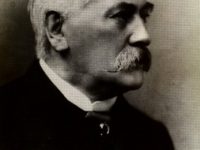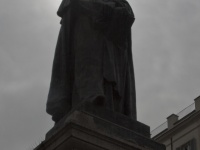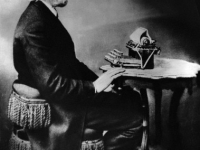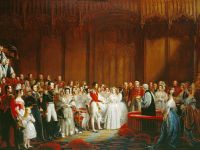Steve Jobs – American Businessman, Inventor, and Industrial Designer
On February 24, 1955, American businessman, inventor, and industrial designer Steve Jobs was born. Jobs is widely recognized as a pioneer of the microcomputer revolution of the 1970s and 1980s, along with Apple co-founder Steve Wozniak. “What a computer is to me is it’s the most remarkable tool that we have ever come up with. It’s the equivalent of a bicycle for our minds.” — Steve Jobs, as quoted in Memory and…
Read more











